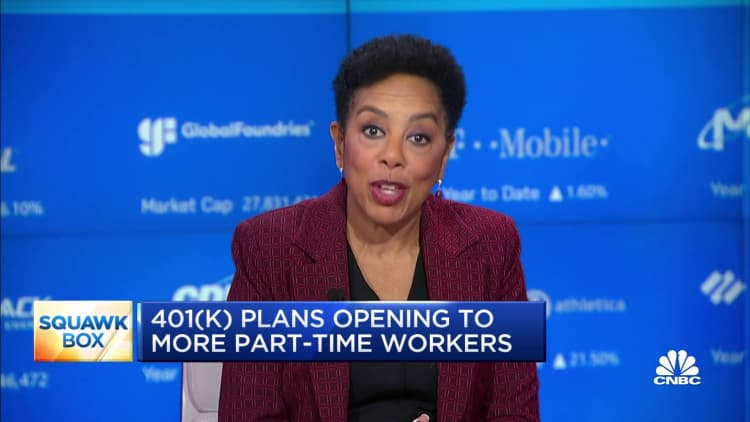Ольга Носова | Istock | Getty Images
If you’re retired and giving to charity this season, there’s a planning move that can reduce your 2023 taxes while donating to a worthy cause, experts say.
The strategy, known as qualified charitable distributions, or QCDs, allows retirees to transfer money from an individual retirement account to an eligible nonprofit organization.
“It’s like hitting two birds with one stone,” said certified financial planner Sean Lovison, founder of Philadelphia-area Purpose Built Financial Services. “You can donate up to $100,000 directly from your IRA to your favorite charity, and it doesn’t even count as taxable income.”
If you’re age 70½ or older, you can use a QCD to donate up to $100,000 for 2023. And thanks to Secure 2.0, that number adjusts annually for inflation starting in 2024.
Next year, the QCD limit jumps to $105,000, according to the IRS.
How QCDs provide a tax break
If you’re age 73 or older, QCDs can also cover your required minimum distributions, which otherwise would have boosted income, experts say.
After preparing tax projections, you should aim to make QCDs in higher-earning years to maximize the tax break, added Lovison, who is also a certified public accountant.
Prevent other tax issues
Reducing adjusted gross income also minimizes the chance of other tax issues, according to Marguerita Cheng, a CFP and CEO of Blue Ocean Global Wealth in Gaithersburg, Maryland. She is a member of CNBC’s Financial Advisor Council.
For example, more income can push retirees into a higher tax bracket, boost Medicare Part B and Part D premiums or increase taxes on Social Security benefits, she said.

QCDs can be ‘more cumbersome’
While QCDs may offer benefits, the strategy is “more cumbersome” for tax reporting and administration, explained CFP Kevin Brady, a vice president at New York-based Wealthspire Advisors.
Typically, QCDs aren’t separated on Form 1099-R, which reports retirement plan distributions to the IRS.
For example, if you withdraw $60,000 from an IRA and $30,000 is for a QCD, the form will still show $60,000 in distributions in Box 1 (with no special code for QCDs), even though only $30,000 is taxable income.
To avoid issues, you’ll want to keep records of QCDs and other IRA distributions and flag for your preparer at tax time.
Plus, each QCD must be authorized with a signature from the donor, which requires donors to plan further in advance, Brady said. Like other charitable donations, you must get a written acknowledgement of the gift from the organization before filing your tax return.

